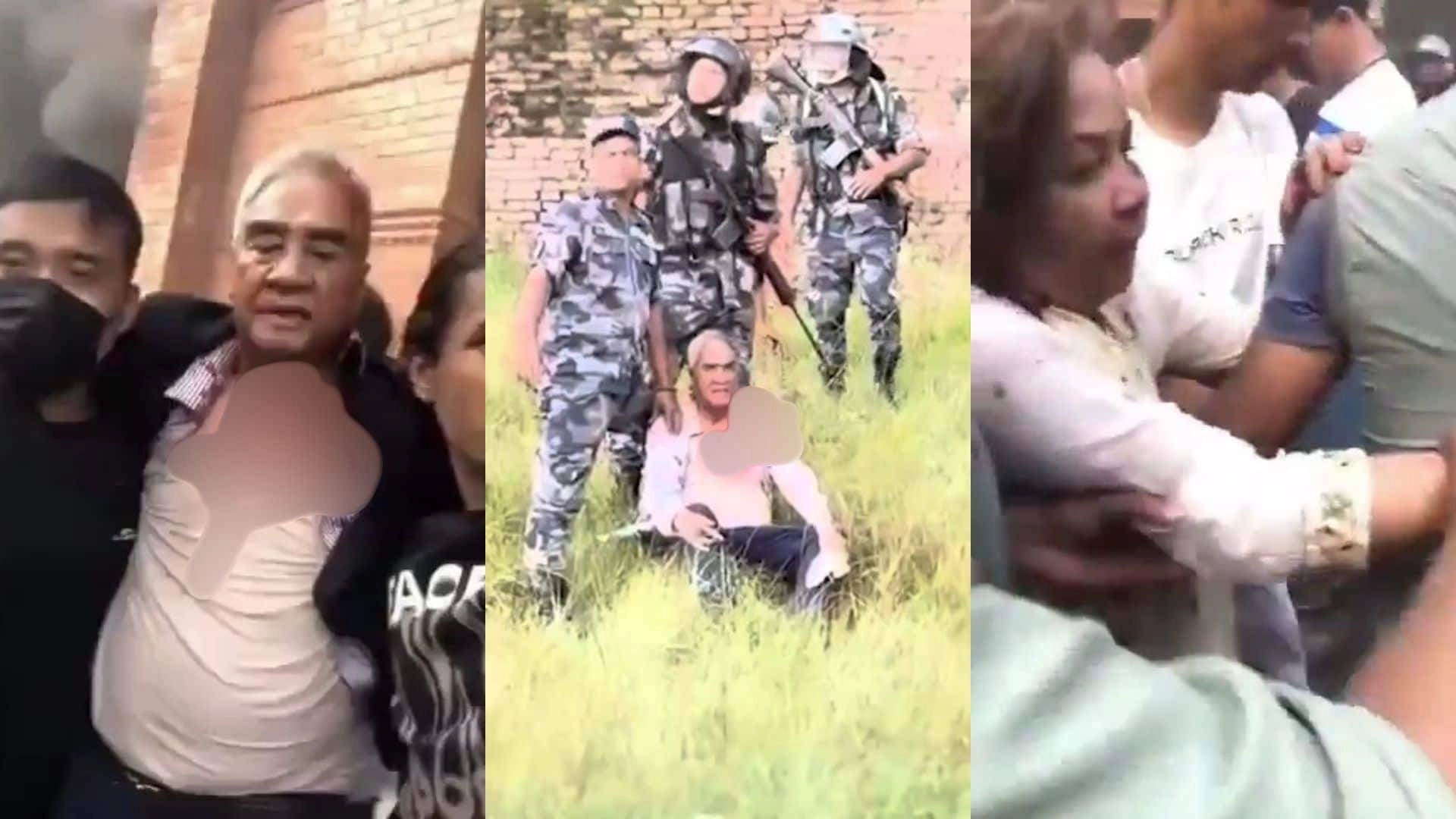Former Prime Minister of Nepal, Sher Bahadur Deuba, found himself in a precarious situation as his residence was stormed by protesters, leading to a chaotic scene that required intervention from the army. The incident occurred during a period of heightened political tension in the country, where Deuba and his wife were reportedly injured amidst the turmoil. Eyewitness accounts describe a frantic atmosphere as demonstrators breached the security of Deuba’s home, prompting fears for the safety of the former leader and his family.
The army’s prompt action to rescue Deuba and his wife underscores the gravity of the situation. Reports indicate that the protesters were expressing their discontent over various political issues, including economic challenges and perceived government failures. As the political landscape in Nepal continues to shift, public sentiment has been increasingly vocalized through protests, reflecting a growing dissatisfaction with the current political establishment. The former Prime Minister’s ordeal serves as a stark reminder of the volatile nature of politics in the region, where leaders often find themselves at the mercy of public opinion.
In the aftermath of the incident, questions are being raised about the security measures in place for political figures and the underlying causes of such unrest. Deuba’s experience highlights the broader challenges facing Nepal as it grapples with political instability and social discontent. The military’s involvement in civil matters raises concerns about the balance of power and the role of the armed forces in a democratic society. As investigations continue and the dust settles, this incident may serve as a catalyst for discussions on governance, accountability, and the need for dialogue between the government and its citizens.
The response to this incident may also influence future protests and the overall political climate in Nepal. As the nation reflects on the events that unfolded, it becomes evident that the relationship between the government and its constituents is increasingly strained. The need for effective communication and genuine engagement with the public is paramount in addressing the grievances that led to such a dramatic breach of security. In a country rich in cultural diversity and democratic aspirations, the hope remains that peaceful resolutions can be sought to bridge the gap between the government and the people.




